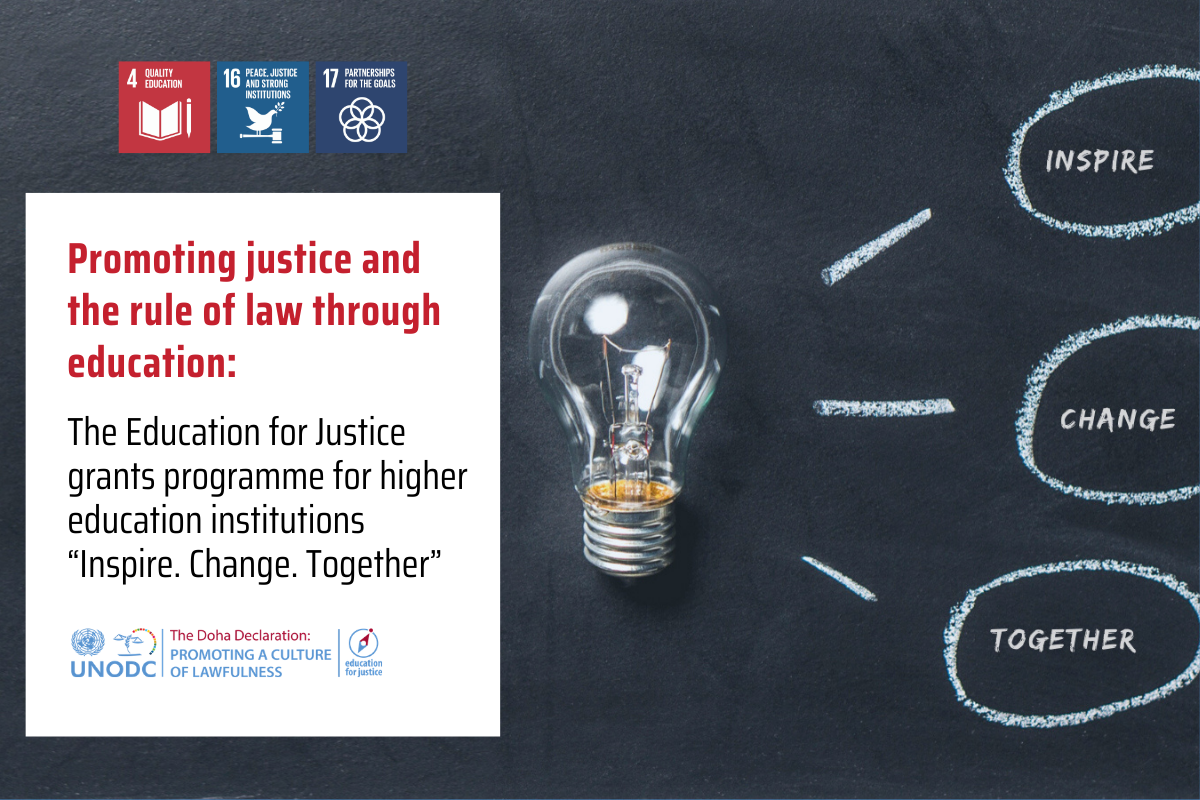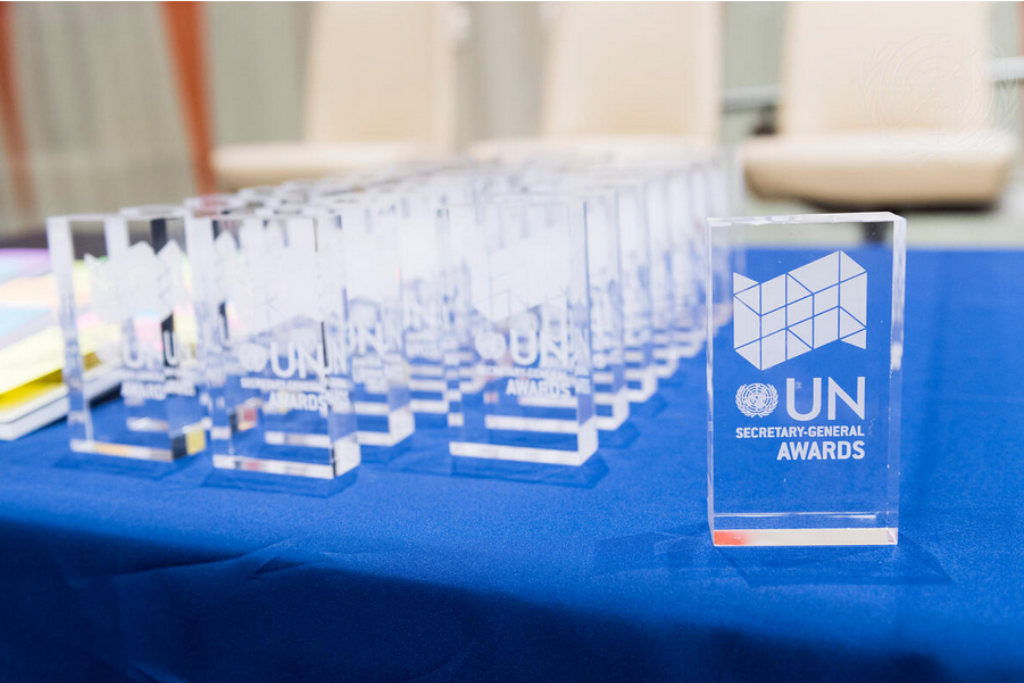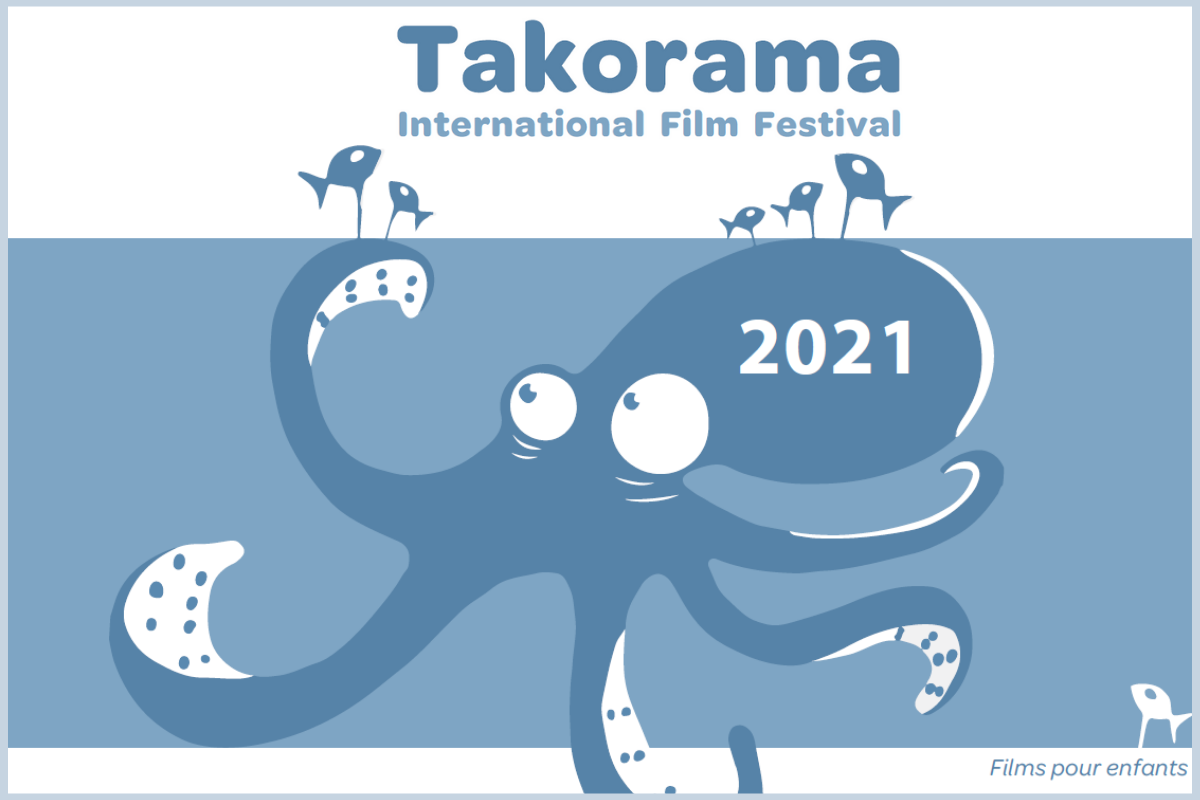As COVID-19 changes educational approaches, UNODC partners with Télé-Ecole to use the power of television and streaming to engage youth on rule of law
11 September 2020 – Worldwide, schooling in 2020 has been marked by unprecedented interruptions to children’s learning and teacher’s efforts to educate. With COVID-19 first leading to school closures, and later to social distancing measures, the pandemic has forced educational systems to adapt and develop new ways of learning, as well as identify solutions to mobilize youth remotely. In West Africa, where the COVID-19 reaction measures reflect much of the rest of the world, one of the ways this is now being achieved is through the region’s first educational television station, Télé-Ecole, with whom UNODC recently partnered.
By broadcasting educational programmes, delivered both online and through television, Télé-Ecole offers teachers, parents and children content on various school subjects, including ethics and civics in a fun, yet informative package. One such set of programming to hit screens in early-September is UNODC’s Education for Justice series, The Zorbs. Featuring four friendly characters from outer space, the popular cartoon series is designed to share with primary school children values such as acceptance, empathy and respect. The nine episodes see the Zorbs meet with children across earth, addressing topics ranging from Internet safety and cybercrime, to gender stereotypes, children’s rights and environmental protection.
Airing on select weekdays and weekends during the month of September, the Zorbs are being featured as part of Télé-Ecole’s ‘Sensitization TV’ and ‘Children Space’ programmes. The videos are accessible to Francophone audiences worldwide through IPTV boxes as well as Télé-Ecole’s website, Facebook page and mobile applications (Google Play / App Store). They will also be viewable by more than three million Senegalese students on television.
Engaging children and youth on the rule of law complements Télé-Ecole’s existing educational initiatives in West Africa. Among others, the broadcaster runs programmes aimed at helping students use media as a platform for educational debates and constructive learning; empowers young people to design and host their own television programmes; and supports the establishment of a Youth Parliament for Education in Senegal. Since the COVID-19 lockdown, Télé-Ecole is also offering so-called ‘solidarity courses’, affording students the opportunity to follow free classes supervised by the Senegalese Ministry of Education and validated by the Regional Training Centre for Education Personnel in Dakar.
This latest broadcasting of the Zorbs in West Africa follows the sharing of the cartoon series in several other countries, including in El Salvador and Peru, in Kazakhstan, and in Kuwait. The collaboration with Télé-Ecole marks an important step as part of UNODC efforts in mobilizing and empowering youth to promote the rule of law worldwide, including among French-speaking audiences.
Additional information:
Education for Justice
Télé-Ecole
UNODC West and Central Africa


